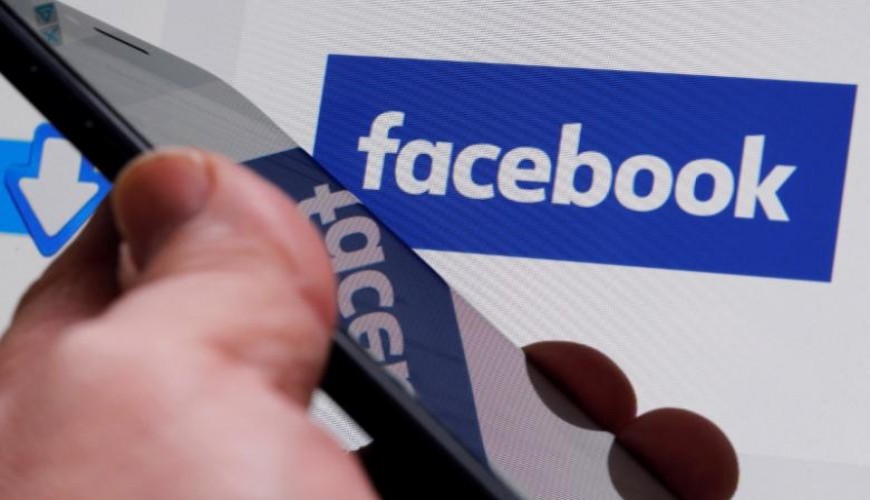After last year’s incident, where Facebook was criticized for allowing misleading information to go viral, it potentially resulted in misinformed voters. It was during the U.S Presidential Election 2016. Since then Facebook has taken several measures to bring down fake news on its platform. Looks like the company hasn’t left any stones unturned when it comes to combating the spread of false information on its platform.
The company is also proactive in taking necessary action, whenever required before any such big event.
As part of its efforts, the company is closely working with third-party fact-checkers to make sure that new reports on its social platform are accurate, without hurting social sentiment. Snopes and Politifact are the main two fact checkers used by Facebook.
In an interview last year, the company revealed that it was fine to partner with a third party that would support them in spotting fake news; the company was also fine with the commercial engagement. Facebook partnered with Snopes and Politifact back in December to flag fake news and, since then, the difference has been felt by many. It is not clear if the engagement with the two main fact checkers involves a commercial aspect; the company did not comment.
Google also checks in its content with Snopes and PolitiFact to stop the spread of fake news.
Facebook’s recent efforts included upgrading its news feed for more relevant stories. The company has come up with an algorithm to flag suspicious stories and send a notification to the third parties to fact-check. Later, the fact checker has to authentic the post and has to write a story to clarify, which will appear below the original post.
Hopefully, these measures will help weed out fake news to a great degree over a period of time. If fake news mongers have their content flagged often enough, it might not be worth the trouble posting it in the first place.
To add to existing initiatives, Facebook has rolled out ‘Related Articles’ on its News Feed, providing additional perspectives and information on stories. Additionally, it will prioritize stories that load faster on mobile devices. With this, publishers will be forced to optimize web pages because, otherwise, they will suffer low engagement from users. It should also help address the problem of spammy links.
Though no formal metrics have been released or guessed at, these efforts will take time to yield results. And even then, there’s no possibility that fake news will permanently be removed from Facebook. As a dynamic platform with billions of statuses, posts, photos and videos posted daily, it’s not a task that even AI can fully handle in its current state of evolution.
We feel that the combination of (wo)man and machine is probably the best approach Facebook can take at this point. Each tends to plug loopholes left open by the other.
Metrics and data aside, if Facebook can stop fake news from impacting important events like elections, that’s a major achievement in itself.
Thanks for visiting. Please support us on social media: Facebook | Twitter



